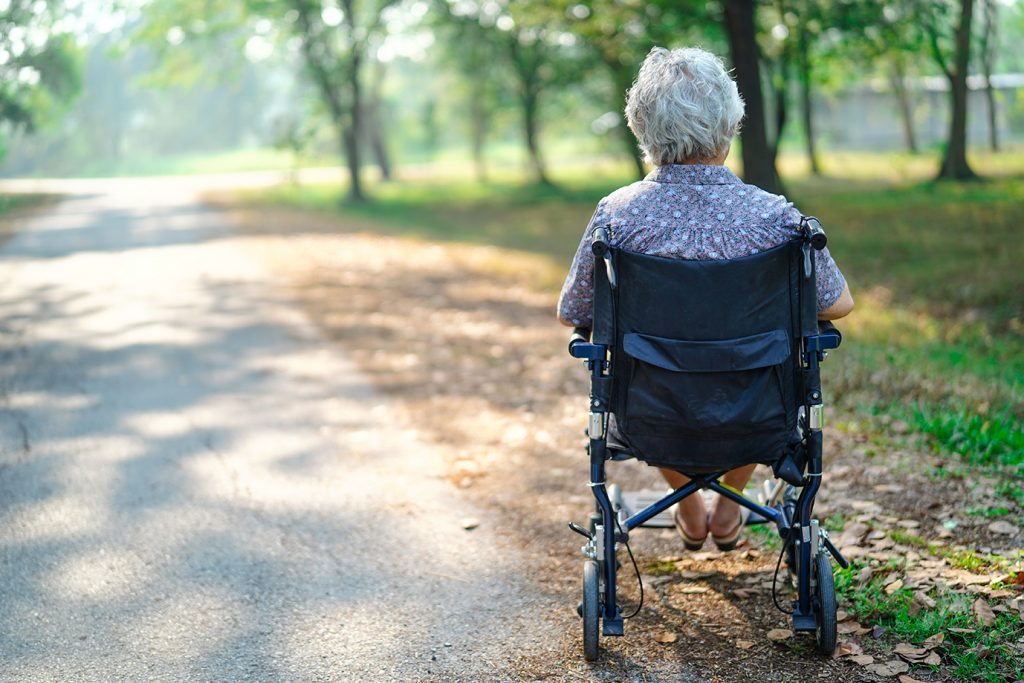
There is an interesting anomaly in this year’s The Best and Worst Places to be a Women in Canada report: health outcomes.
It shows that women are paid less than men, fewer women are in political leadership, and women are more likely to be victims of sexual assault. Here’s the anomaly: women outscore men, on average, when it comes to mortality; they outlive men by about five years.
As humans, we aspire to longevity. But what if you live a long life, not your best life?
That’s the case for many women who are more likely to report high levels of stress.
Why would that be the case? Looking at women’s health experiences through the lens of social determinants of health can be telling: we’re talking life circumstances that impact your health, such as how much you earn.
Living in poverty is a full-time job. The daily stresses of being able to feed your children nutritional food, keep them adequately clothed, and pay the rent can take a toll on a person’s health and mental health.
Women, especially single mothers, are more likely to live in poverty in Canada. Racialized, Indigenous, and immigrant women also tend to be disproportionately represented among Canada’s poorest and most marginalized groups.
That intersection between gender and race can shape women’s health outcomes on so many levels.
Something as basic as screening for cervical cancer be harder for women living in poverty, who may not be able to afford child care or transportation to get to a medical appointment.
Or women might be forced to go without medication because they can’t afford it.
A POWER (Project for an Ontario Women’s Evidence-Based Report) study shows that low-income women are more than twice as likely to suffer from diabetes or cardiovascular disease than higher-income women.
So if The Best and Worst Places to be a Women in Canada is telling you that your city scores lower than other Canadian cities on the health score, it’s worthwhile to consider the relationship between women’s economic standing, their level of education, their ability to access community resources, and their health outcomes.
Where we live and whether we have access to educational opportunities and good paying jobs can shape our life’s chances—and our health.
Here are questions to ask about your city:
If your city is has high levels of income inequality, and a labour market that limits women’s opportunities, is that having a ripple effect on women’s health?
Does your city value the importance of education along the full age spectrum?
Does your city offer affordable early learning and child care options for all children, regardless of how much money their parents make?
Does your city value decent work? Do you have a vibrant movement of employers promoting and paying a living wage?
Does your city offer affordable transportation and housing?
Now flip these questions around and ask yourself: what if my city made it our mission to promote women’s health and equality?
It would mean your city would spend less money on treating the symptoms of poverty and inequality—such as homelessness, addiction, mental health and health issues—and wisely invest, up front, in programs and supports that help people thrive, not just survive.
One of the encouraging things in the Best and Worst Cities for Women report is that, for many indicators, the distance between the best city and the worst isn’t insurmountable; changing where your city scores on this annual ranking exercise is within reach.
Make this the year your city works on becoming the best place in Canada for women; it will increase the health and well-being of your fellow residents.
Trish Hennessy is executive director of Upstream, an institute for a healthy society. She is the former director of the CCPA’s Ontario office and its income inequality project.







